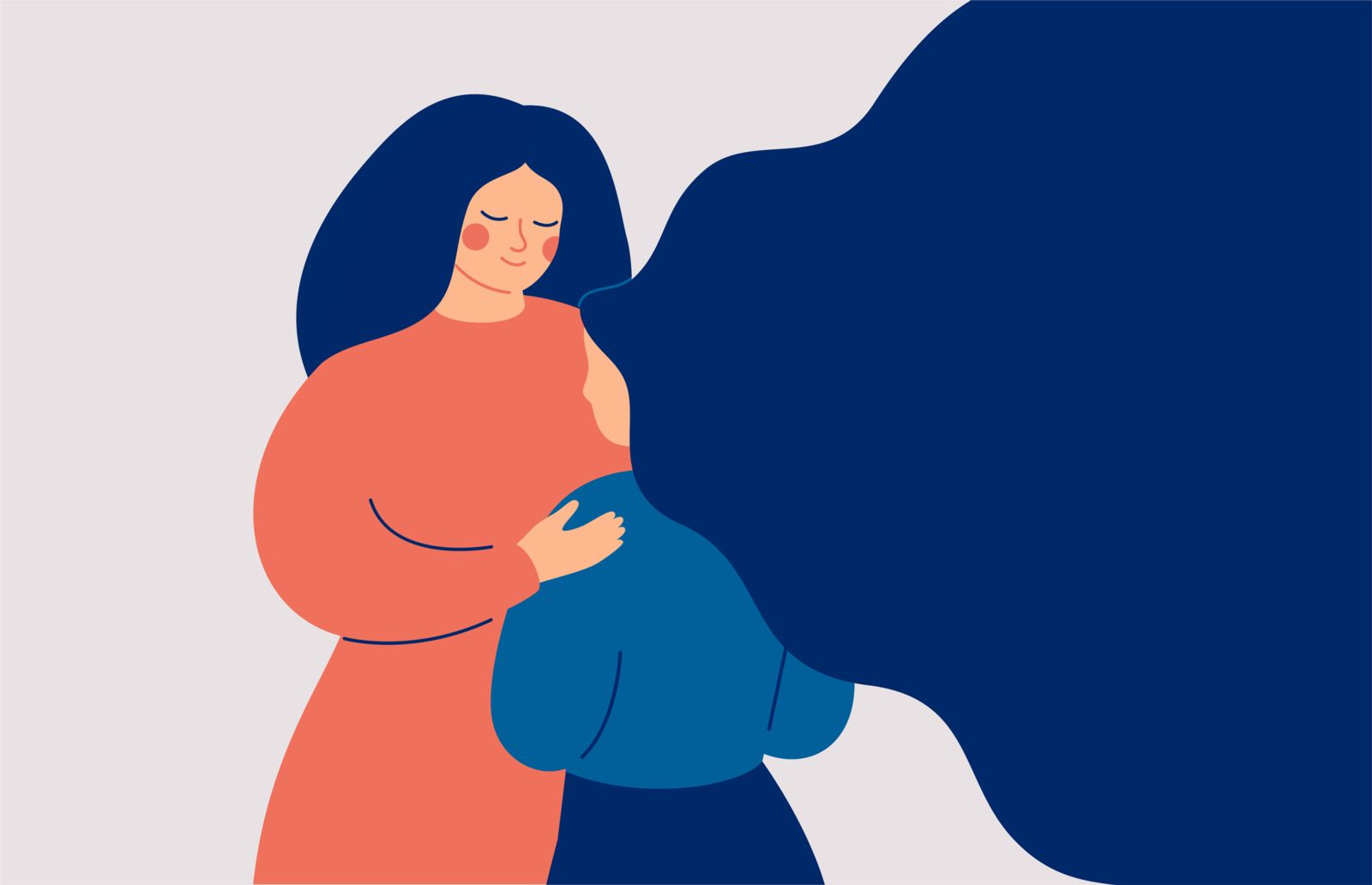In 2022, I became a mother. Caring for my son has been both special and prosaic— wonderfully liberating yet terribly constraining. Moments of fiery certainties seamlessly co-exist with episodes of destabilizing doubt. I can best describe those early months of motherhood as a crash course in living with and within contradiction.
“Why did I not tap into this emotional repertoire more often?” I would often ask myself. After all, the work I was on a break from—human rights work—is itself crisscrossed with contradictory cracks. Take, for example, the foundational tension between the assertion of human rights law—that people have inalienable freedoms and entitlements—and the countless ways in which people’s rights are trampled around the world. It is to this enduring disconnect between legal assertion and empirical experience that today´s institutionalized human rights regime owes its resilience.
There is also the contradiction between the aspiration of human rights institutions to be perceived as apolitical, independent agents for change and the generally left-leaning political preferences of many in the movement. Contradictions rear their inconvenient heads in discussions of what human rights institutions advocate externally and what they implement internally. It is not uncommon to hear about organizations promoting principles such as participation, accountability, and equality but failing to live by them in their own working methods and leadership practices.
This specter of contradiction notwithstanding, I have rarely experienced its emotional undertones of ambivalence and unease in human rights work. In my writing, engagement, and recommendations, I have found myself projecting certainty about how different harms and institutional malfunctions—usually not in my immediate environment—could be prevented, sanctioned, and remedied. I would bolster the legitimacy of the analysis with references to the intricate and expanding web of treaties, resolutions, recommendations, and pronouncements of concern emanating from the UN human rights machinery.
Cast in the role of “the human rights expert,” the fact that I had little skin in the game in many of the situations that I was brought to weigh in on became less troubling. I was, to a large degree, the product of the growing professionalization and bureaucratization of human rights work at the international level. Like any bureaucracy, the human rights bureaucracy is geared towards self-preservation and rewards skills and behaviors that ultimately reinforce, in self-referential loops, the authority and necessity of the discipline. In such environments, expertise-backed certainty tends to take center stage while the ethos of contradiction characterized by self-doubt and uncertainty inevitably recedes into the background.
Why do I think this amounts to a consequential atrophy of our emotional repertoire? While holding contradictions in those early days of motherhood made for a frustrating experience, it also proved to be the birthplace of a logic of care rooted in humility, vulnerability, and creativity.
I believe these are the qualities that our organized human rights movement, especially at the international level, needs to cultivate now more than ever:
-
Humility to acknowledge that we might have blind spots, that our tools are not universally effective and can have unintended consequences.
-
Vulnerability to reckon with the fact that the material well-being and freedoms many of us in the Global North enjoy are entangled with the historical oppression and colonization of people in the Global South. Some of our jobs have been made possible by the long-term consequences of such historical injustices.
-
Creativity because the existential risks associated with ecological degradation, emerging technologies, and geopolitical fissures do not only require that “duty-bearers” do things radically differently. At the movement level, we, too, have been called upon to revisit our worldviews and strategies, including by patterning new constellations of transnational solidarity and civic education to overcome the present political-economic, ecological, and cultural impasse.
What can our movement do to nurture such values? One suggestion is to take a closer look at the way in which human rights praxis is organized. Many of our institutions continue to follow top-down, centralized decision-making, inadvertently permit the instrumentalization of work in the pursuit of organizational and career objectives, and deploy expertise in a way that eschews political-economic and ethical dilemmas.
Alternatives to such institutional straitjackets are emerging. For example, a movement calling for the democratization of work has gained significant support and started a long-overdue conversation about how to challenge democratic deficits in the place where people spend most of their waking hours. Interesting experiments in feminist and self-leading organizing have challenged the assumption that disrupting hierarchical structures inevitably results in anarchy and decision-making paralysis.
Against the backdrop of such re-orientations, it is high time that more human rights institutions experimented with decision-making and coordination systems that radically distribute power, autonomy, and imagination to their workers and the geographically dispersed constituencies they claim to represent. Shouldn’t our movement be the site for egalitarian and democratic experiments in the realm of work? Shouldn’t our institutions seek to nourish the human spirit in its complexity, contradictions, and wholeness?
Truth be told, such experiments are likely to be disorienting, especially for organizations constrained by donor expectations. But as in motherhood, disorientation should not be dreaded, but rather welcomed as an enabler of vulnerability and creativity. And if the upshot of such experiments is a richer emancipatory vocabulary and a more appropriate compass by which to navigate during a critical juncture for our civilization, they might well be worth it.

